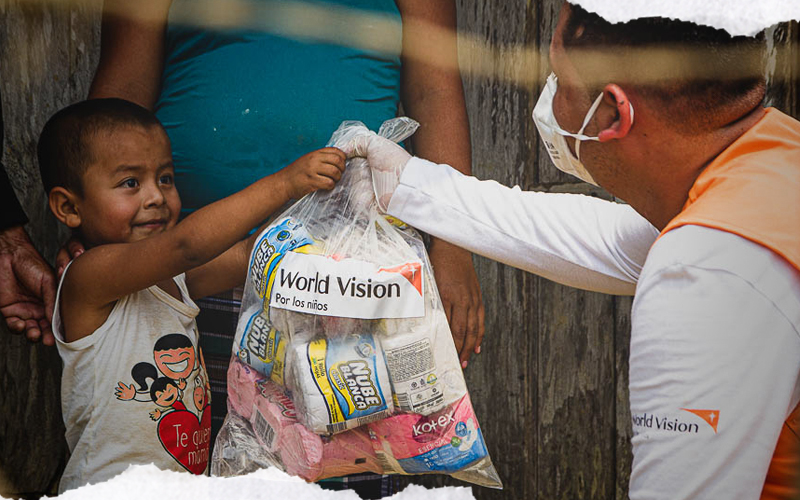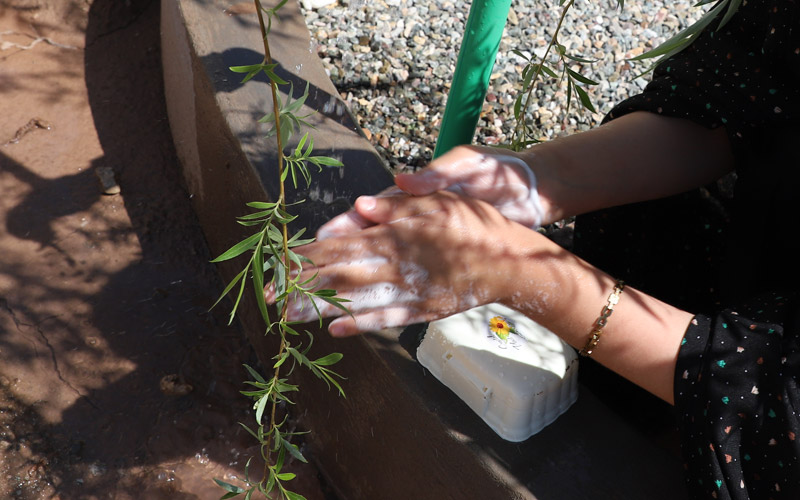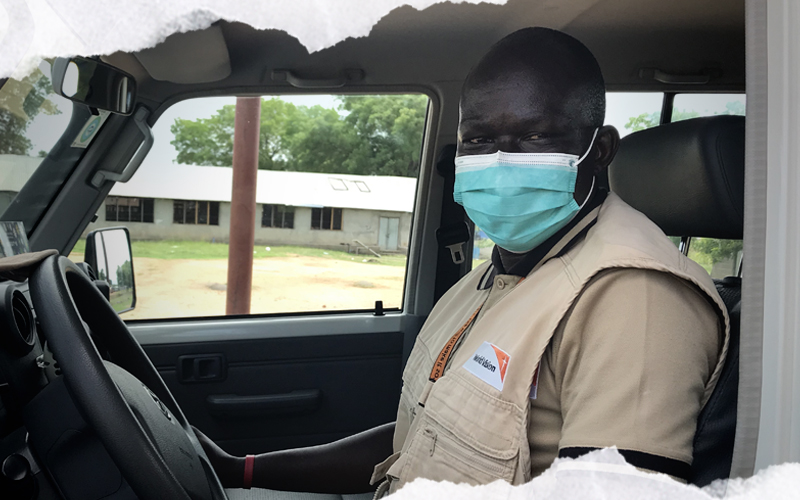Take this quiz to find out more about Raw Hope
Statement I: World Vision’s Raw Hope initiative works in the same countries each year. These are some of the world’s most dangerous places.
TRUE / FALSE

Answer: FALSE. Raw Hope works in countries like Afghanistan, Burundi, Central African Republic, Democratic Republic of Congo, Honduras, Iraq, Somalia, South Sudan, Sudan and Syria.
Since Raw Hope is constantly pivoting to support the world’s most vulnerable, this list of countries can change over time to adapt to current needs. Right now, World Vision Canada is working to provide safety and life-saving essentials for children who’s lives are impacted by conflict and violence in places like Afghanistan and Democratic Republic of Congo and Honduras.
We’re just getting warmed up… next question!
Statement II: Raw Hope programming is stalled because of the COVID-19 pandemic
TRUE /
FALSE

For 12-year-old Arifa, living in an IDP (Internal displaced people) settlement in the Shaydaee district in the Herat province of Afghanistan, everything changed when the Corona virus hit. Afghanistan, with its complex history, has been in upheaval for many years already and the Coronavirus simply added another layer. Our teams continue to work, evolving as the needs change.
Life Skills class has continued and Arifa can now share her skills around COVID-19 with her friends and family. “We learned a lot about this virus from our teacher. We learned about preventing and taking precautions to minimize the spread of Coronavirus. We’re paying more attention to our hygiene than before. I’ve shared all my learnings about this virus and hygiene practices to my family members. A few days ago, I went to my friend’s house. Her name is Halima, and I talked about Coronavirus because she didn’t know anything about this virus. Then I started to share my learnings with her to be safe. The next day I met her in the Bazar, and she had a mask and gloves.”
Statement III: In order to continue the intensive work and carry out emergency responses during COVID-19, safety precautions in the field become secondary.
TRUE /
FALSE

Answer: FALSE. Safety precautions during a global pandemic are just as important as the work itself.
No matter what role one of our field staff plays, each take all the necessary precautions to keep our teams, the children and their communities safe.
John Peter Lomoro, 45, is a driver for World Vision in South Sudan where he ensures that the food assistance team can do their jobs. In Juba, roads are especially narrow, crowded with people and driving his team to their destination has always been a matter of safety. But now John Peter has the added responsibility of making sure that members of the team are not only buckled in and arrive to their destination, but that they are also sanitizing their hands. For John Peter, it’s more than that. “My job helps ensure the food assistance team can deliver theirs on time. This is a difficult time when people can easily be stressed and fearful. I try to be patient and calm because it is important for teamwork”, John Peter explains. Each member of our team plays a role in helping the world’s vulnerable children even though their contribution isn’t always seen. They are our hidden heroes.
Extra facts:
- 3.8 million people including children benefited from food aid
- 124,858 of food were distributed to children and families affected by hunger
Disclaimer:*
Results of World Vision Canada’s projects achieved from October 2018 to September 2019 , in partnership with the World Food Programme
Test your friends and family's knowledge of our work in the world's toughest places by sharing on Facebook, Twitter and LinkedIn.